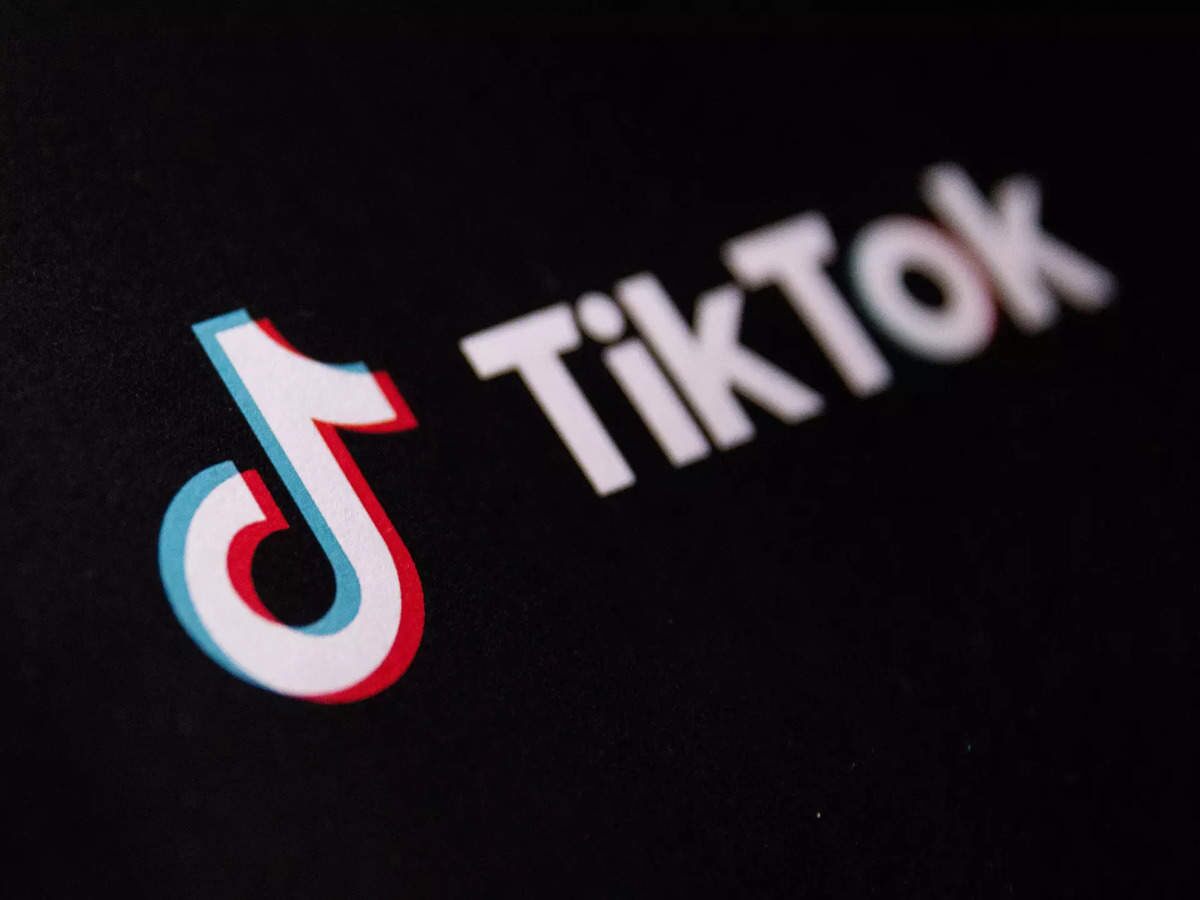TikTok users prefer health guidance from influencers over medical experts: study

As TikTok videos featuring popular influencers peddle health advice, a new study spotlights alarming trends, prompting urgent calls for integrating credible medical information into the digital landscape.
In an era where social media apps are shaping global discourse, a recent study by Washington State University (WSU) has thrown a spotlight on a critical issue.
TikTok is playing a pivotal role in influencing how users perceive and engage with health-related content, and the findings are as captivating as they are alarming.
According to the study, published in the Journal of Health Communication, TikTok’s predominantly young audience has a marked predilection for health-themed content delivered by their favourite influencers. The research points out that topics revolving around sexual health, diet, and exercise invariably go viral, while other significant health issues are largely ignored.
“Most of these videos weren’t providing attainable steps for behaviour change,” Nicole O’Donnell, Assistant Professor of Communications at WSU and the study’s lead author, said. “Instead, they’re sharing aesthetic details of what is often a highly unobtainable lifestyle.”
The research team, comprising of communications doctorate students, analysed videos from TikTok’s #EduTok campaign to glean a comprehensive understanding of user engagement.
They found an unsettling lack of audience interaction with mental health videos. Moreover, pertinent topics such as substance abuse prevention, bullying, and sexual violence prevention were conspicuously absent, despite being highly relevant to the platform’s teenage demographic.
Videos featuring influencers portraying the “role model” persona, as well as those deterring people from certain behaviours through shock value, garnered the highest engagement. However, these videos were found to be light on substantive information and deficient in promoting achievable behavioural changes.
A particularly disturbing trend highlighted by the study was the profusion of videos encouraging self-diagnosis of mental health conditions.
“Videos of people self-diagnosing their depression, anxiety, or other issues related to mental health tended to have very high engagement, which is a problematic trend,” O’Donnell stated, emphasising the potential severity of the implications.
Speaking to Doha News, Maha El Akoum, Manager of Policy and Content Development at the World Health Organization, concurred with the study’s findings and underscored the perils associated with relying on social media platforms for health advice.
“Medical advice or misinformation can not only be misleading but can also be damaging and harmful,” she warned, reminding the public of the controversial anti-vaccine content circulated during the Covid-19 pandemic.
El Akoum also emphasised the need to direct younger generations to reliable health advice sources, and encouraging them to consult certified healthcare professionals.
The WSU researchers aim to use the study’s insights to aid healthcare providers and agencies in devising effective strategies to engage the younger demographic in crucial health discussions.
This development is a wake-up call for all stakeholders, reminding them of the urgent need to better integrate credible medical advice into the rapidly evolving digital landscape.
